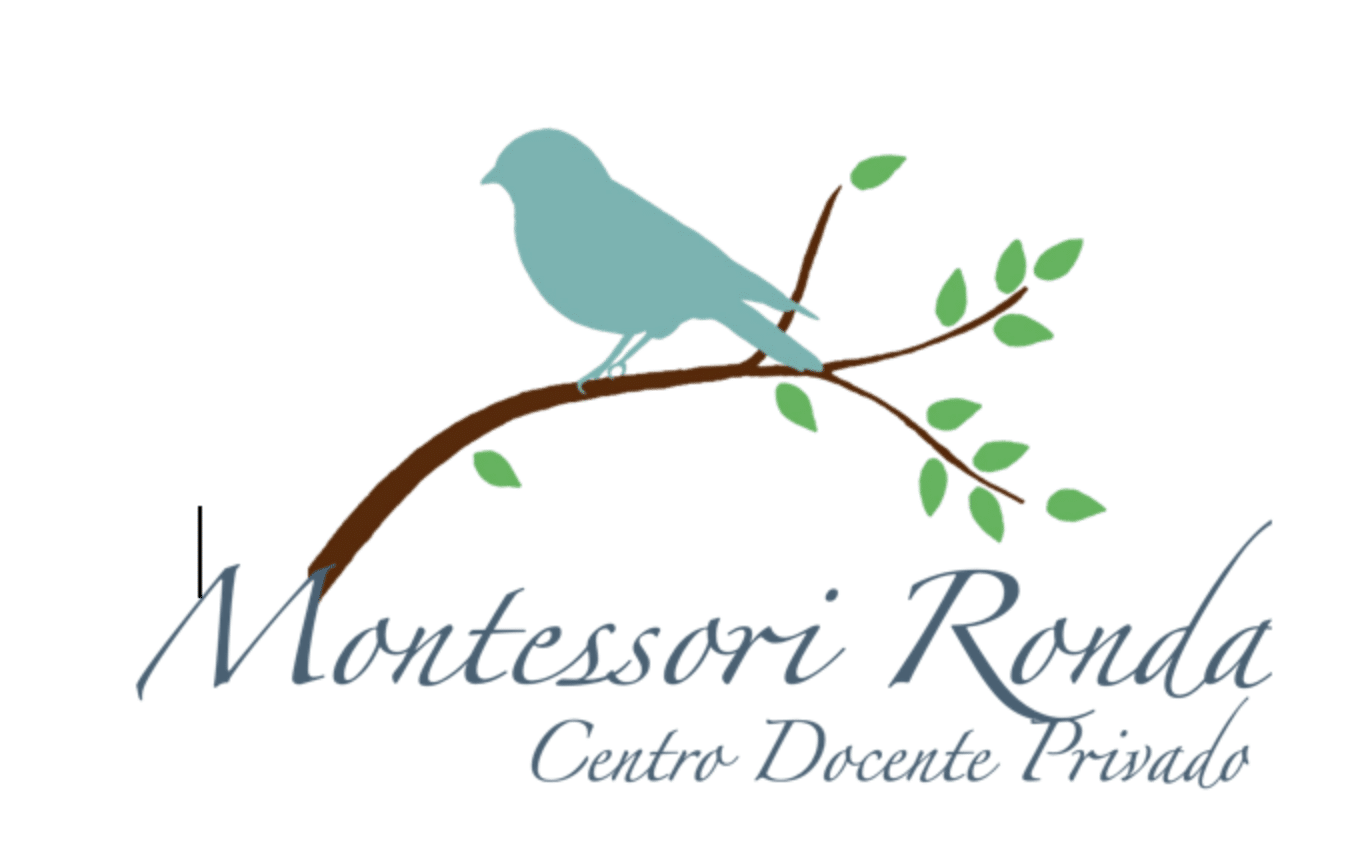Methodology
Based on individual abilities
Maria Montessori developed scientific pedagogy based on observation and the scientific method. From there, she grew her materials and this teaching method.
The Montessori method is based on scientific observations related to children’s ability to absorb knowledge from their surroundings and their interest in materials they can manipulate and in things they do naturally and on their own. Therefore, the method is much more than educating; it is the ability of the educator to love and respect the child and to be sensitive to their needs. A Montessori classroom is carefully organized, allowing children to work independently while promoting the pleasure of self-discovery.
The role of the teacher
the guide people
The role of the teacher or guide is a strong pillar of Montessori pedagogy. It requires special preparation, occupying a very different place from what is traditionally known.
The guides intervene gently when the child needs it; they observe a lot, and, above all, they have the task of directing the psychic activity of the children and their physiological development.
They help them work, concentrate and learn by using the right material and environment. They get to know the pupils and introduce them to the teaching material at the most opportune moment. Observe them during their activity and offer help only when they have the impression that one of them needs targeted accompaniment to help them reconnect with their developmental guidance.
Absorbent Mind
Maria Montessori observed that the first six years of a child’s life are directed by their absorbing mind. In this period, the child learns innately through his experiences and interactions with the world around him.
Human Tendencies
Human tendencies are those that help the human being to meet the needs, both physical and spiritual, of each individual. Accompanying the child in the discovery of these tendencies will allow them to grow in freedom, respect, and self-knowledge. We can highlight exploration, manipulation, orientation, order, observation, imagination, concentration, work, repetition and error control among them.
Sensitive periods
When we watch a child grow and see how they develop, the physical changes are easily perceptible to us; it is a growth we follow daily. In contrast, the parallel development on a psychological level is much more difficult for us to grasp with the naked eye; it is hidden within.
Sensitive periods are powerful capacities to develop specific characteristics, such as order, language, coordinated movement, etc. They are universal. They are adaptable, they occur in any child in any part of the planet, and they are transitory since they disappear, either because they are no longer needed, they are worked on mentally. We do not see them, or because a poor environment of stimuli has caused them to disappear.

